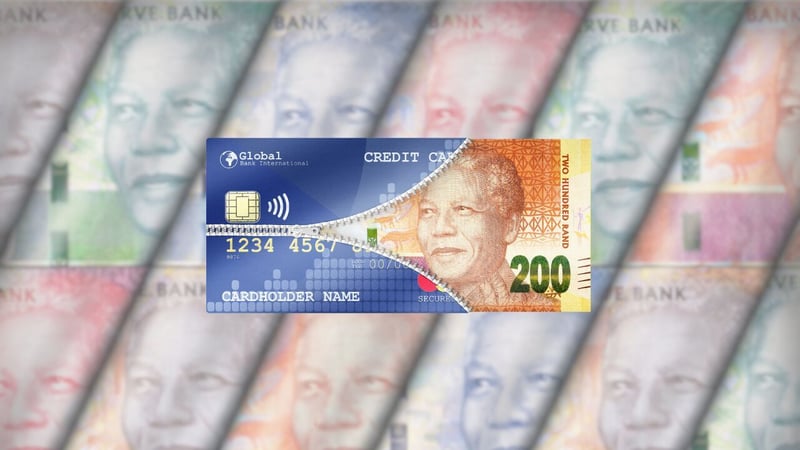South Africa's Affluent Feel the Squeeze - High Debt and Shrinking Spend
Written by: Debbie Shepard Save to Instapaper
Even South Africa's high earners struggle as the economy sputters. A new report shows these top earners, who contribute 68% to consumer spending, face a tough reality due to low growth, rising inflation, and pre-election jitters. Despite their seemingly healthy salaries (over R20,000 per month on average), many affluent South Africans find their spending power diminishing. FNB estimates they blow through 80% of their monthly income within the first five days, with a significant chunk (30%) going towards credit card debt repayments. A TransUnion survey reveals that 67% of South Africans reduced non-essential spending in 2023 to prioritize debt repayment due to rising interest rates.
This harsh economic climate is forcing them to cut back on luxuries. Spending time dining out, takeaways, braais, and even using trendy gadgets like game consoles and smart home devices are dropping. However, there are some bright spots. Affluent consumers are still willing to spend on health and home entertainment, with smartwatches and TV/streaming devices experiencing year-on-year growth (7.7% and 16.6%, respectively).
With consumer spending being the lifeblood of economic growth, a slowdown in this key segment spells trouble for businesses offering premium products and services. Debbie Shepard, the GM at Affinity Collective, predicts heritage brands, previously shielded by consumer trust during economic downturns, will face pressure as affordability takes centre stage over loyalty.
“As discretionary spending shrinks due to debt repayments, affluent South Africans are demonstrating a strategic approach to their finances. They are cutting back on impulse purchases and prioritizing smart spending that maximizes value for money. Grocery baskets are becoming less brand-loyal and more price-driven as shoppers seek to free up their budget for lifestyle choices and differentiated consumer segments like coffee and face care.”, says Shepard. This shift in consumer behaviour is not a sign of financial distress but rather a strategic response to the economic climate, as highlighted by Debbie Shepard, the GM at Affinity Collective, a digital branding and research agency.
Affinity Collective's Economic Groups Infographic sheds light on these "digital pioneers," revealing them to be debt-laden with high use of store credit, online shopping, and financed purchases like cars and houses. They also leverage technology heavily, averaging over 7.8 apps used and 3.41 hours spent on social media daily. Affinity Collective predicts these consumers will spend more time at home to save money while increasing spending on mental well-being, sports equipment and activities, and healthy lifestyle products and services. A survey conducted by Affinity Collective shows grudge purchases like medical aid, car and life insurance will come under pressure, with family outings, holidays and experiences prioritised for leftover funds.
Get new press articles by email
The Pulse Latest Articles
- Zuru Turns Fifa World Cup 2026™ Into The Next Global Collectibles Phenomenon (December 17, 2025)
- A Refreshing Spin On A Joburg Roadblock With Pura Soda And Saps (December 17, 2025)
- Education Is The Frontline Of Inequality, Business Must Show Up (December 11, 2025)
- When The Purple Profile Pictures Fade, The Real Work Begins (December 11, 2025)
- Dear Santa, Please Skip The Socks This Year (December 10, 2025)
